Senator Bill Nelson (D-Fla.) announced Tuesday he is planning to introduce a bill that would authorize the president to launch strikes on Syria, despite warnings that an expansion of the ongoing air war on neighboring Iraq would only make ISIS stronger and further embroil the region in violence.
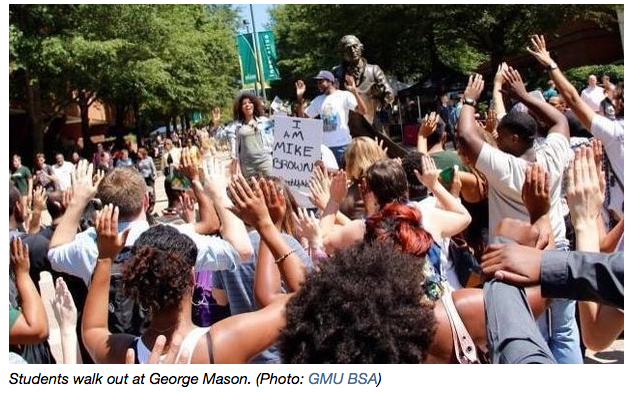
Last spring, The Nation launched its biweekly student movement dispatch. As part of the StudentNation blog, each dispatch hosts first-person updates on youth organizing. For recent dispatches, check out July 25 and August 12. For an archive of earlier editions, see the New Year’s dispatch. Contact studentmovement@thenation.com with tips. Edited by James Cersonsky (@cersonsky).
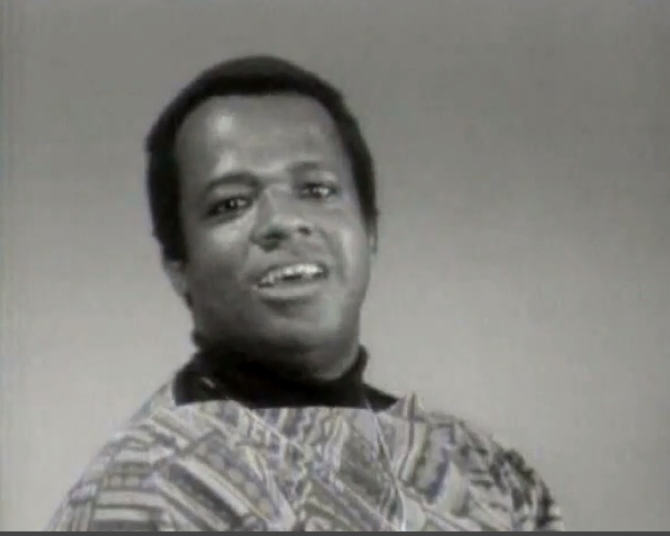
When I was growing up in a northern-New Jersey ghetto in the early Afro-picked 1970s, my mom used to take me places in her car.

Given the fact that the Jim Crow media are dominated by the POVs of middle and upper-class whites, mostly males…
Groundation Grenada is a social action collective which focuses on the use of creative media to assess…
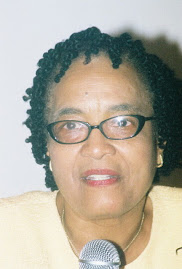
TriceEdneyWire.com) — After the celebrity politicians, press and preachers leave the eye of the cameras in Ferguson, Mo.
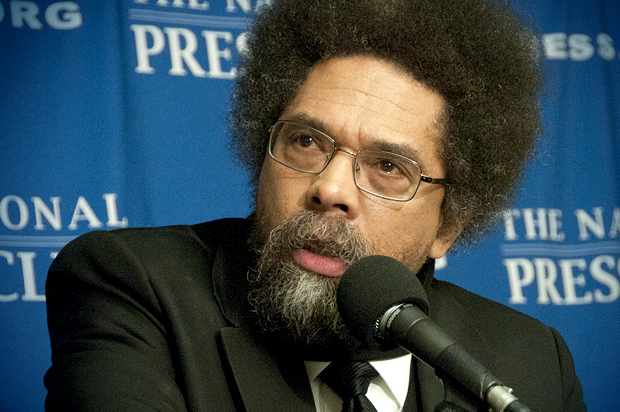
Cornel West is a professor at Union Theological Seminary and one of my favorite public intellectuals, a man who deals in penetrating analyses of current events, expressed in a pithy and highly quotable way.
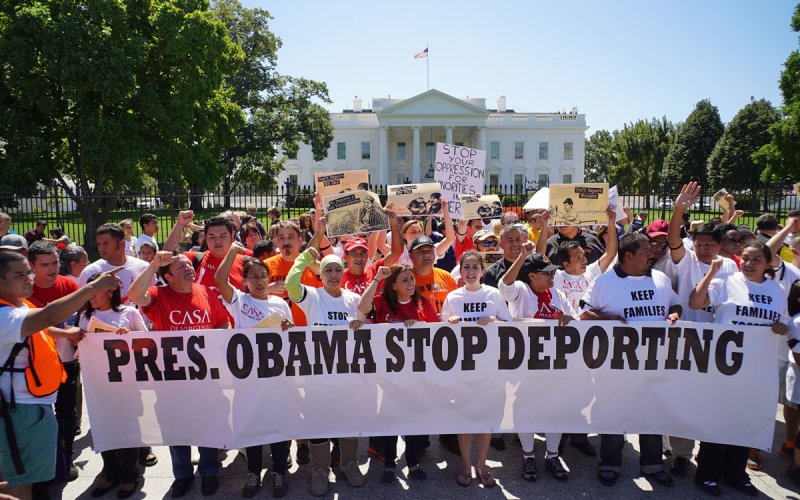
Conservatives and liberals both assume that the president will eventually halt the deportation of millions of illegal immigrants through an executive order. They’re wrong.
NEW YORK, NY: After a battle waged since 2008, the United States government may finally be prepared to recognize Caribbean immigrants and Caribbean Americans in the United States as what they are

Most police officers fulfill their duties with professionalism and integrity. But the purity of one individual officer’s motives is not the real issue in the post-Ferguson debate. Rather, there is a broader concern about systemic issues that contribute to racial disparities within our criminal justice system.
Baba Leonard Dunstan talks with Don Rojas about the origins, composition, mission and vision of IBW’s Black Family Summit

Dr. Terrell Strayhorn, a brilliant, Black Ohio State University professor, recently opened the Educational Testing Service and Children’s Defense Fund co-sponsored symposium on Advancing Success for Black Men in College by sharing a question his 14-year-old son asked him…














